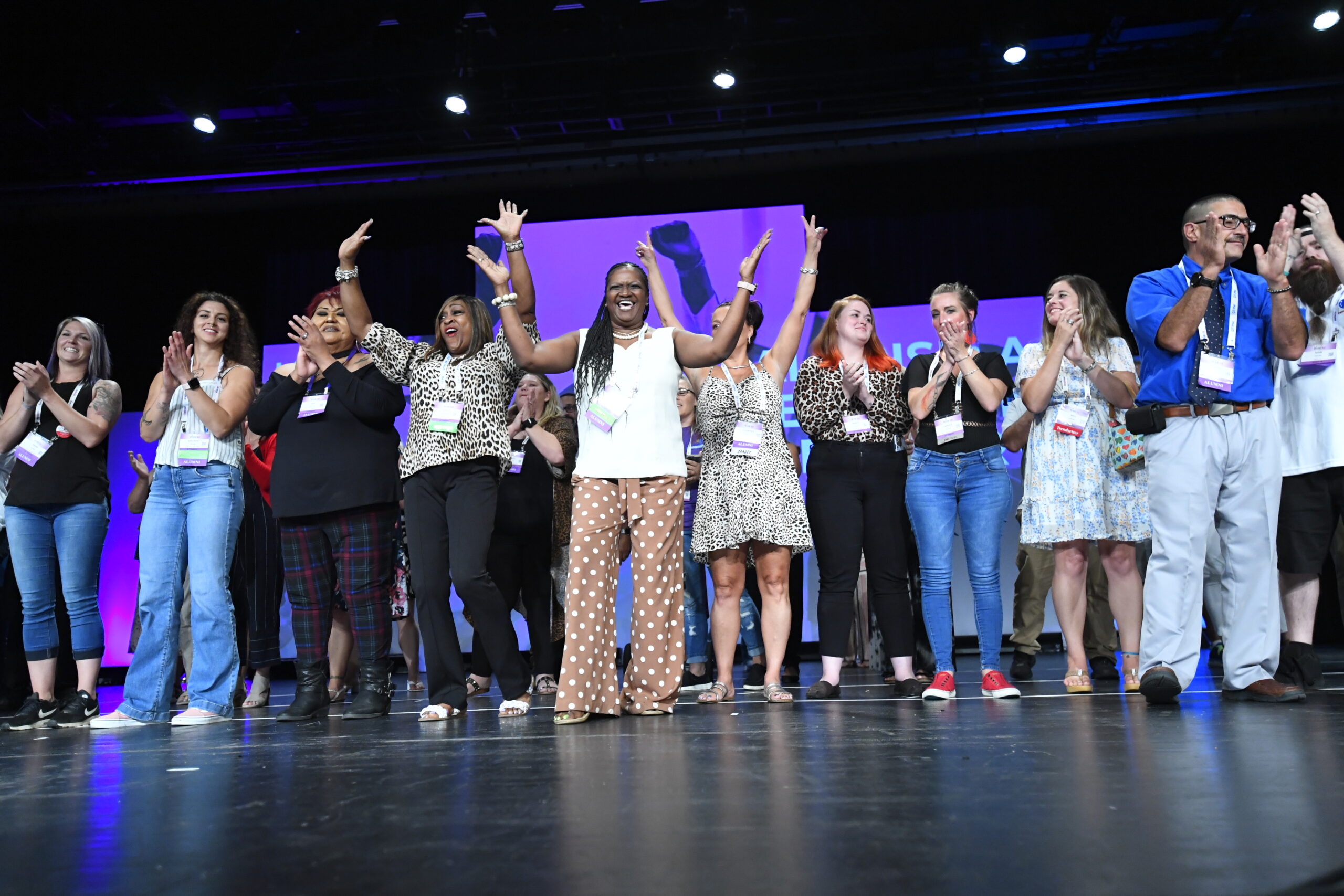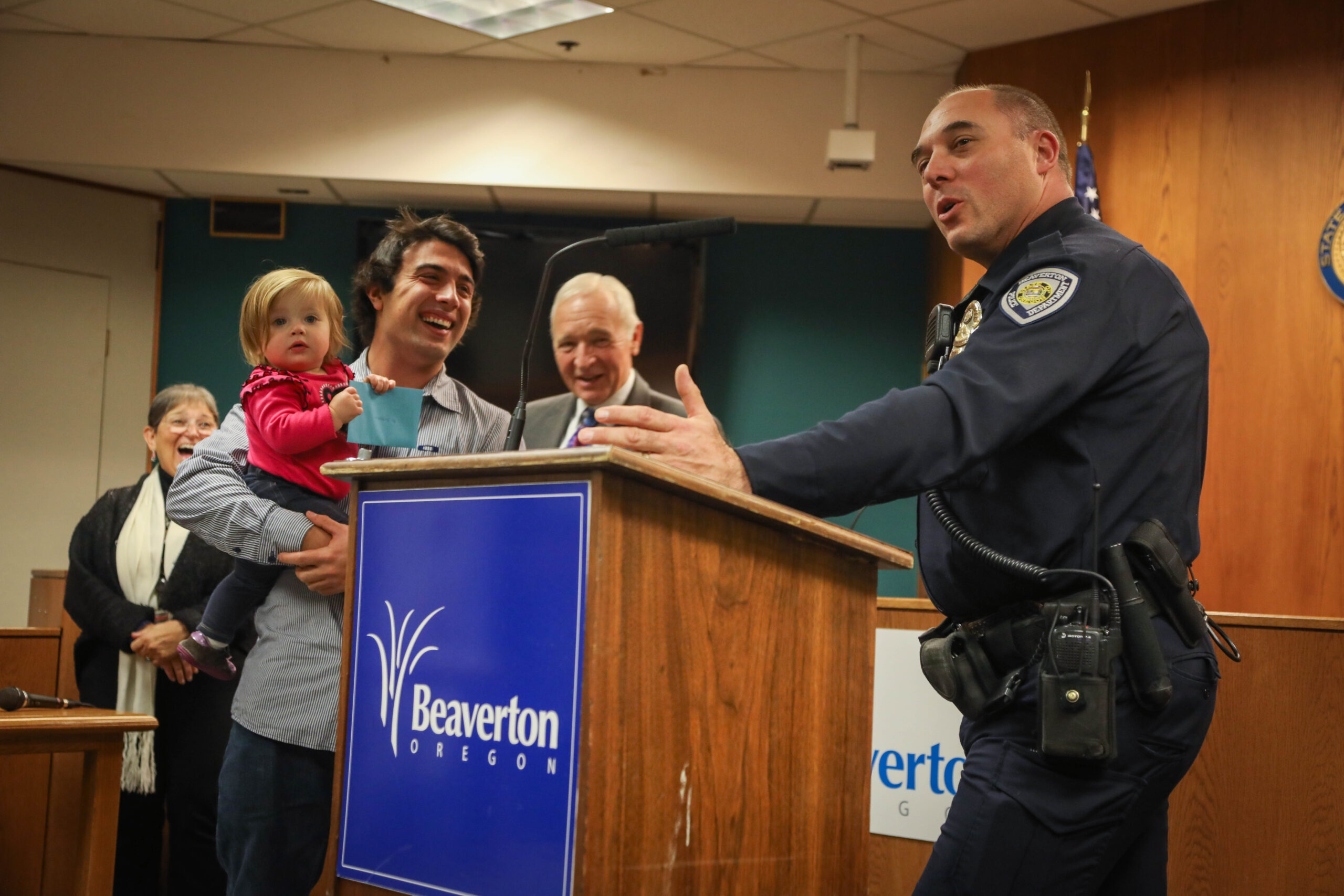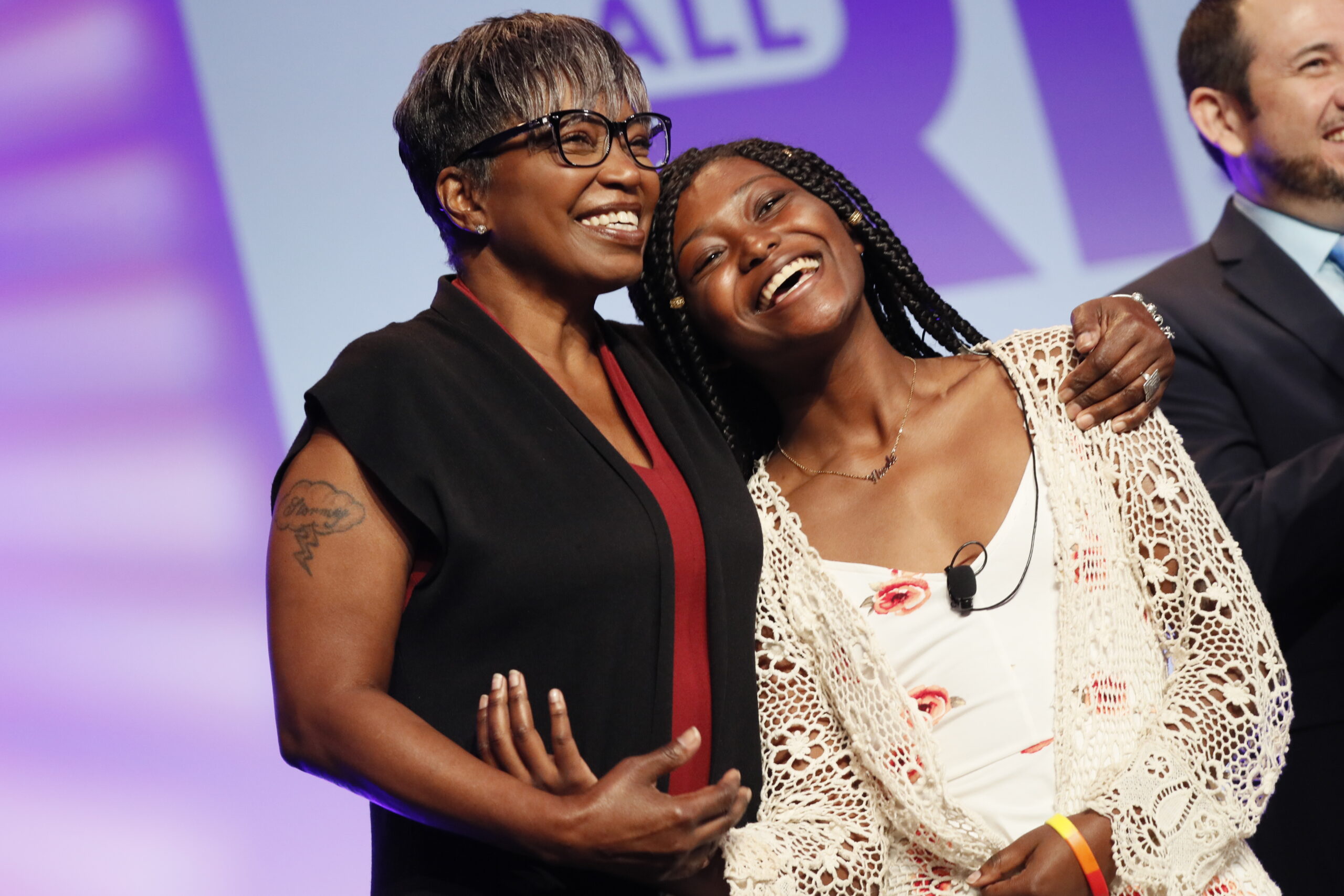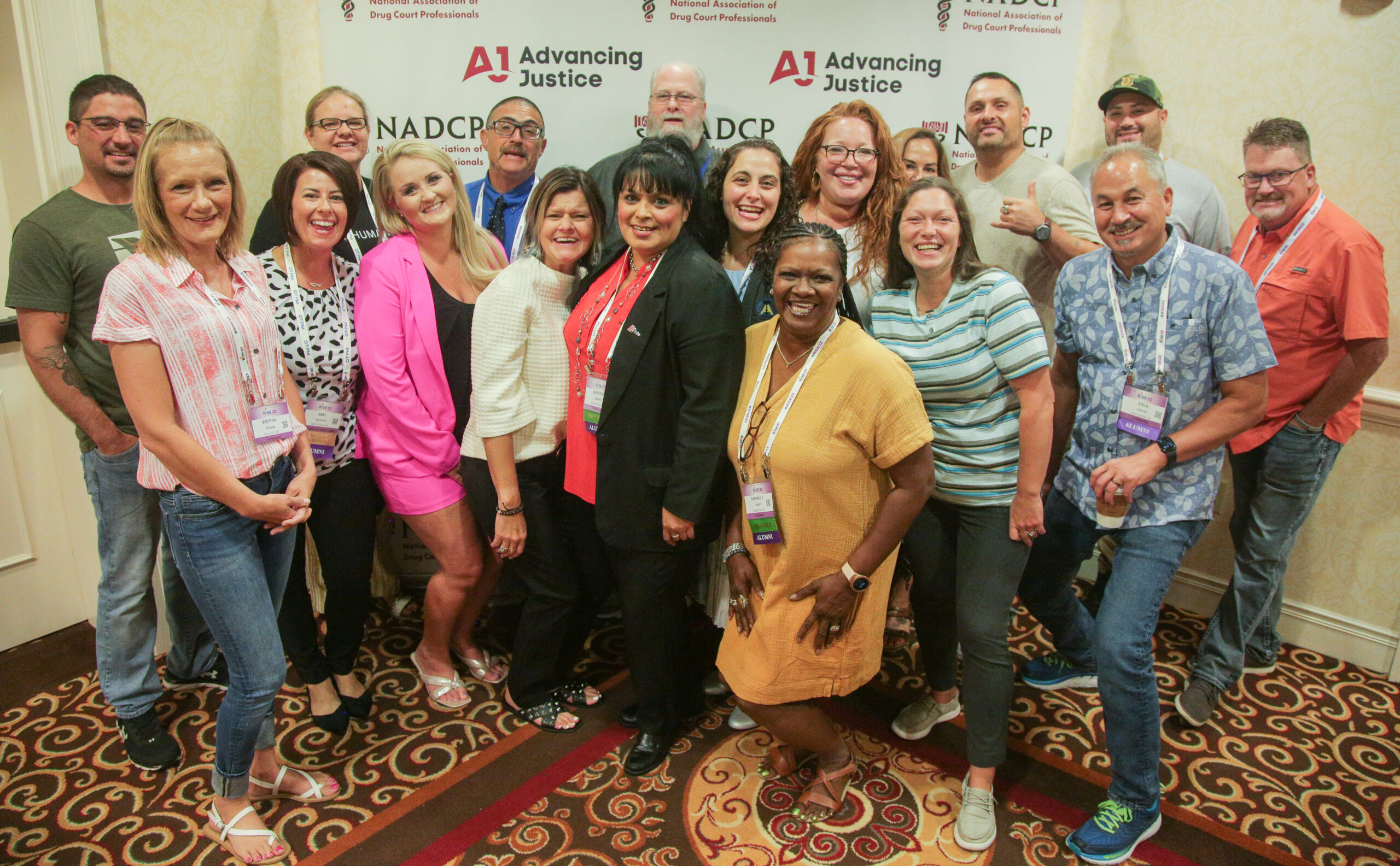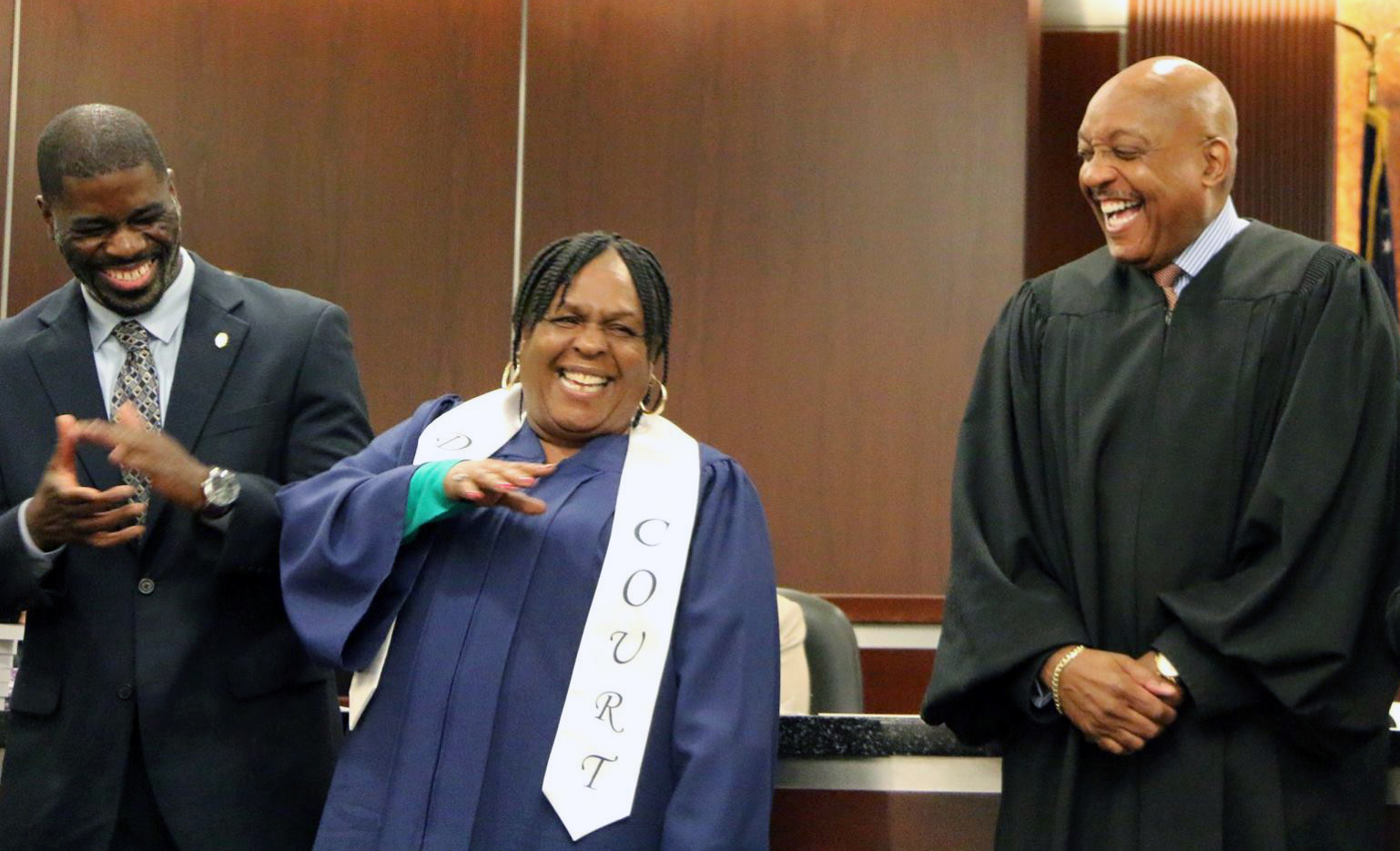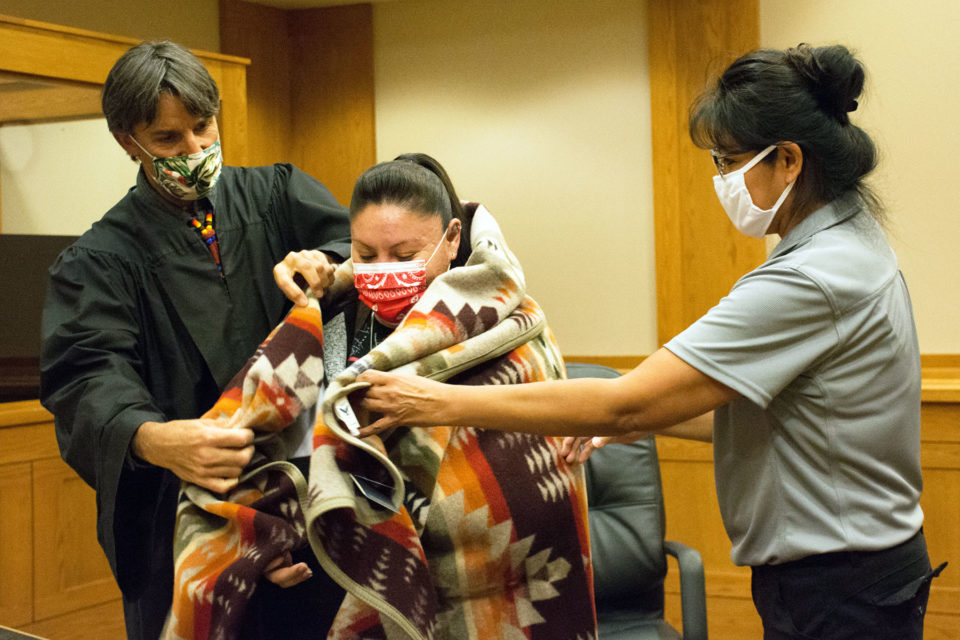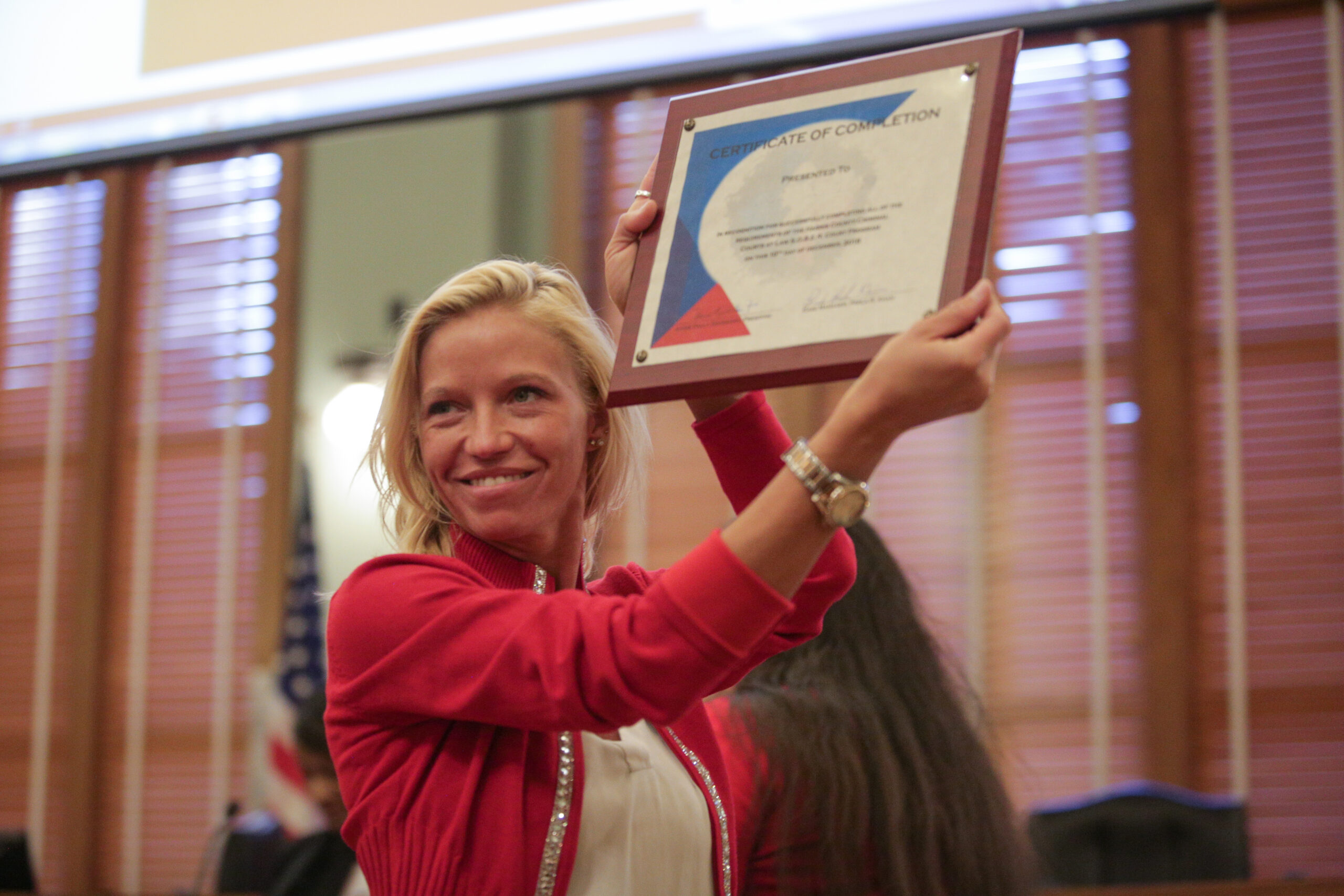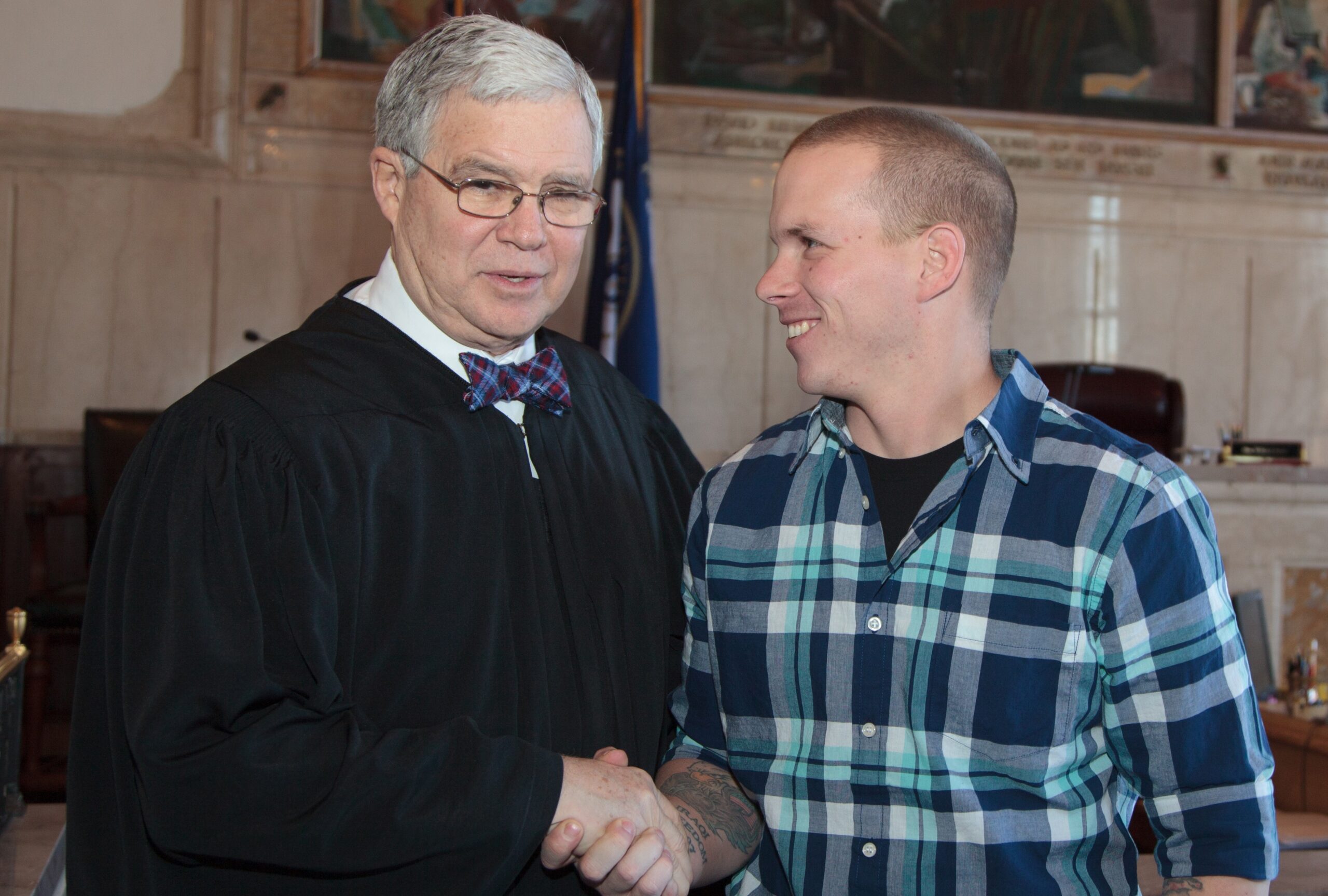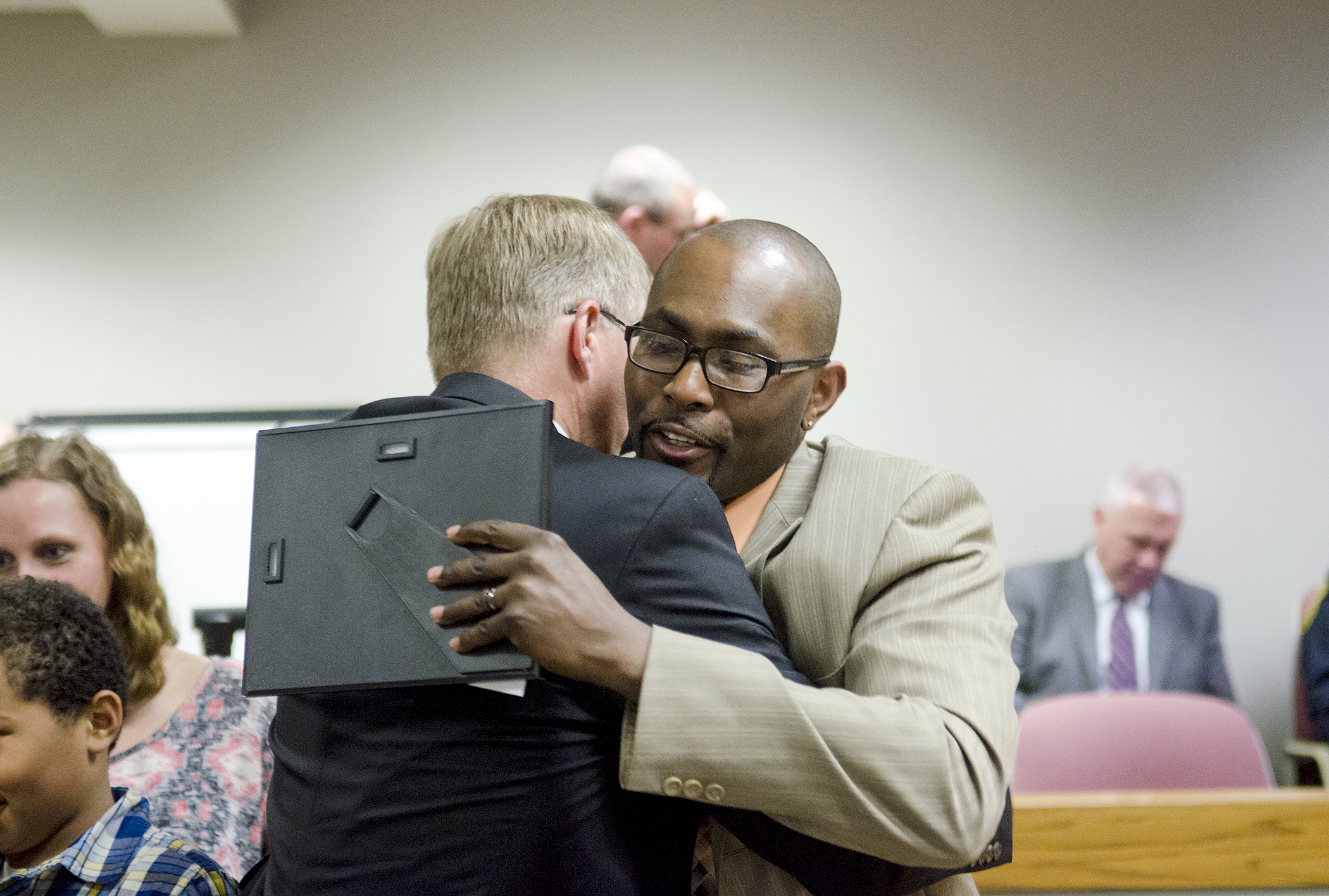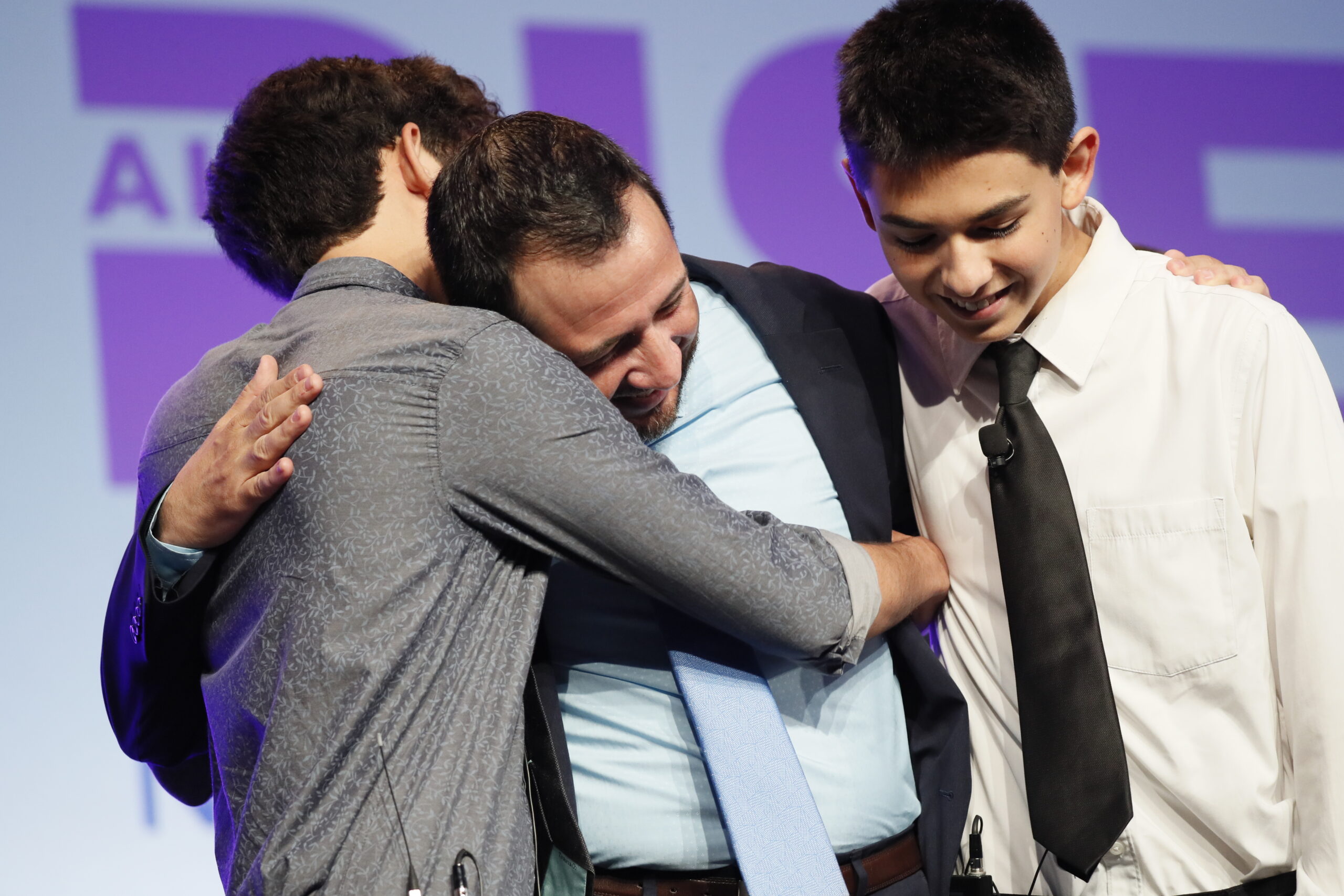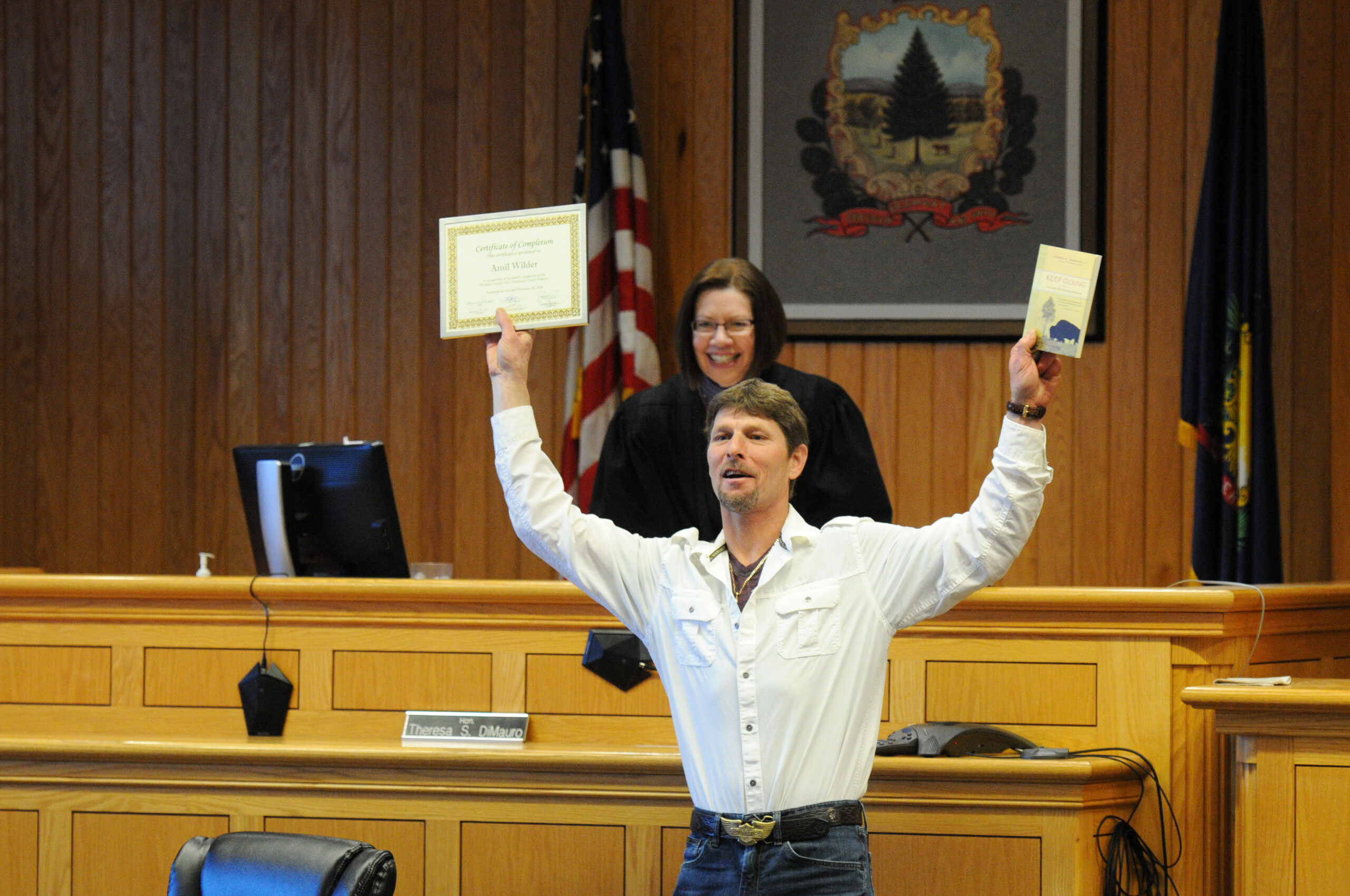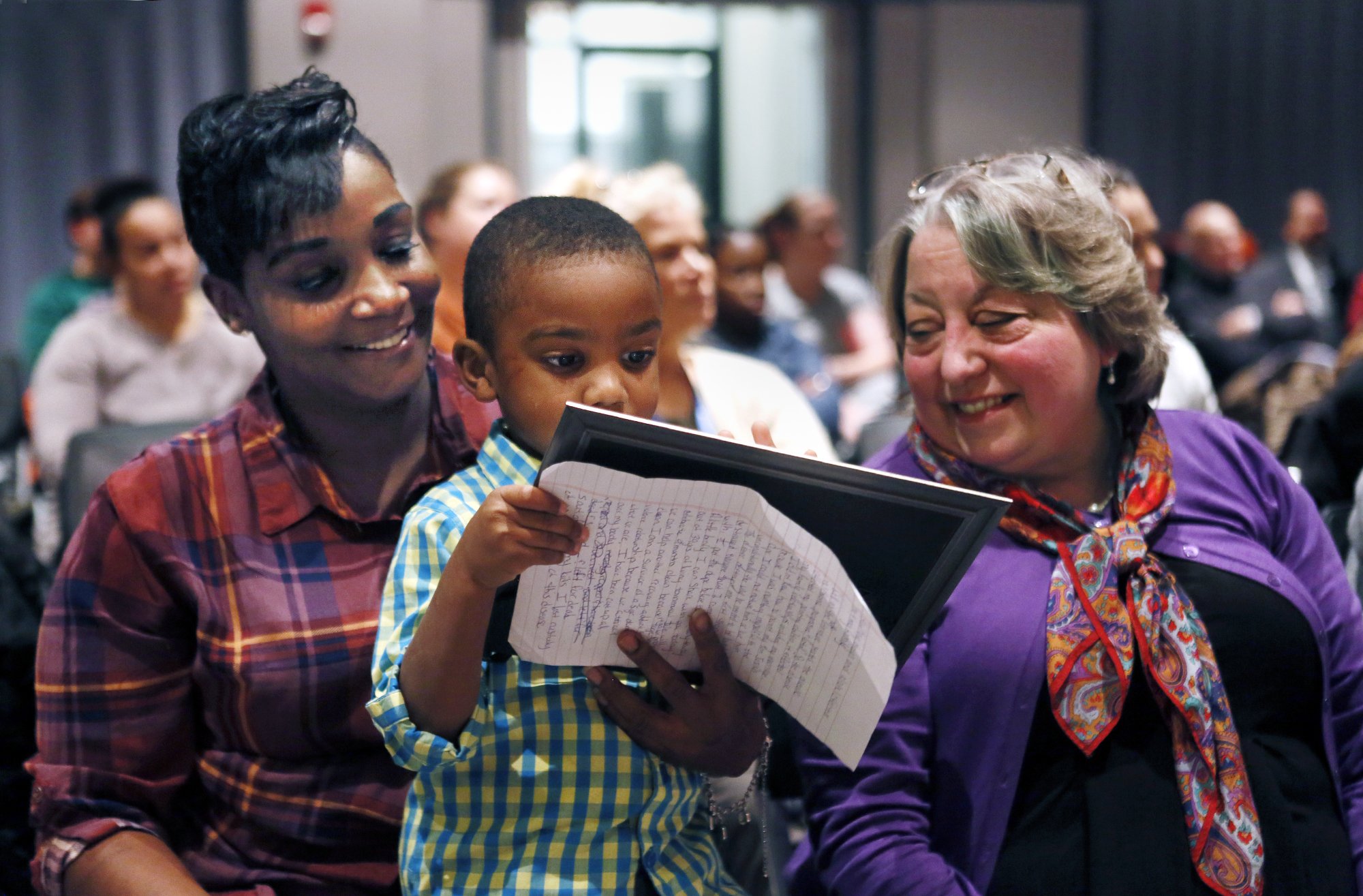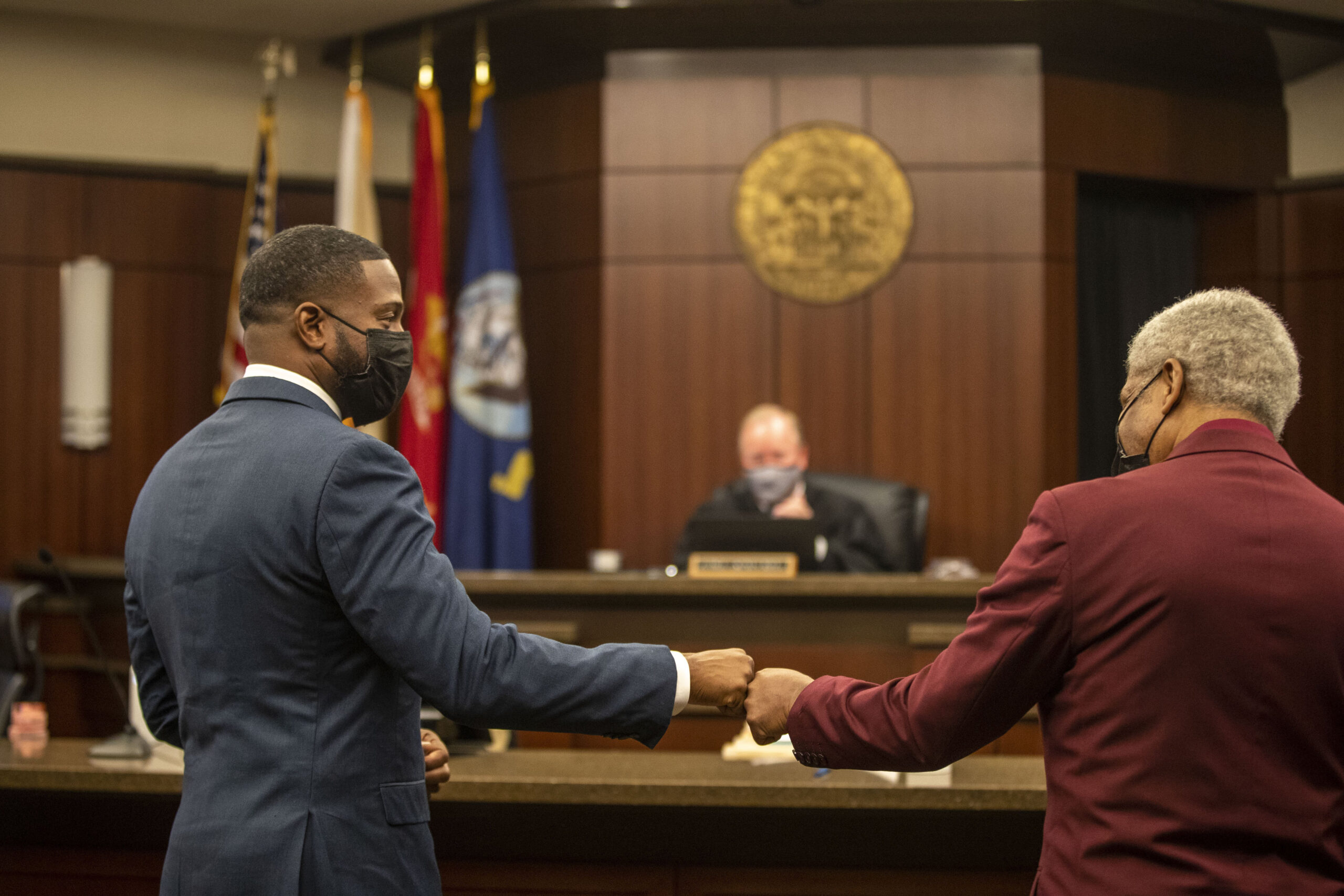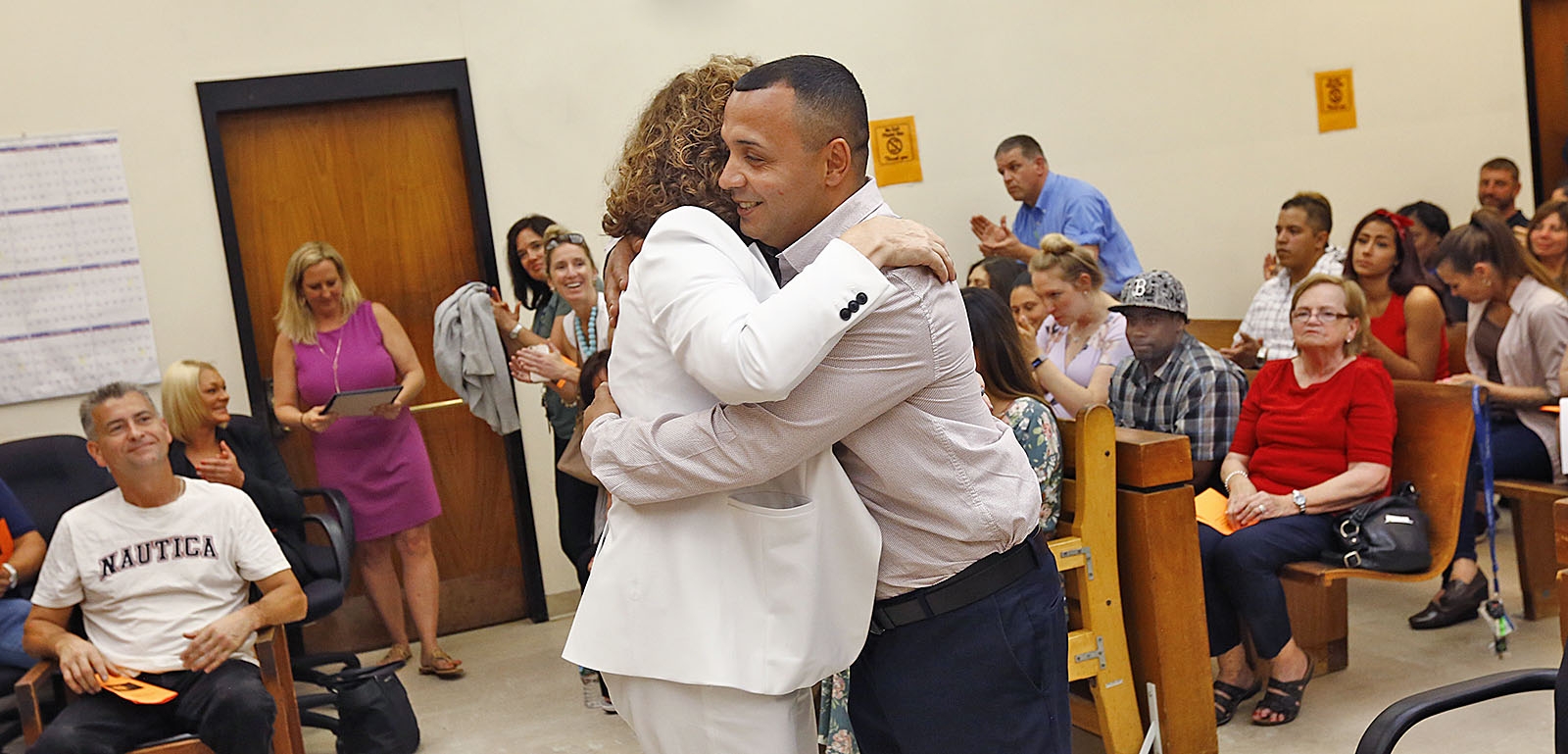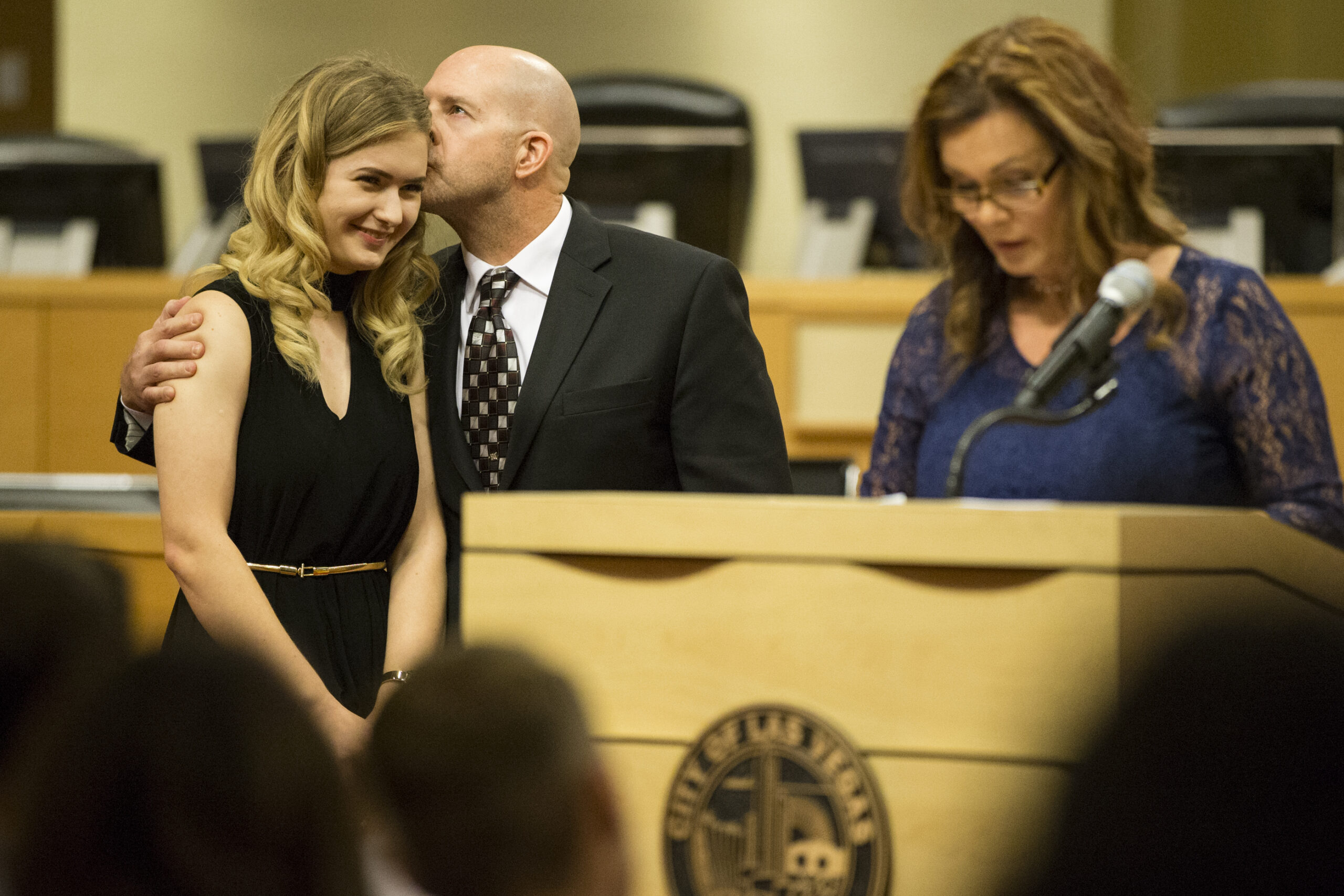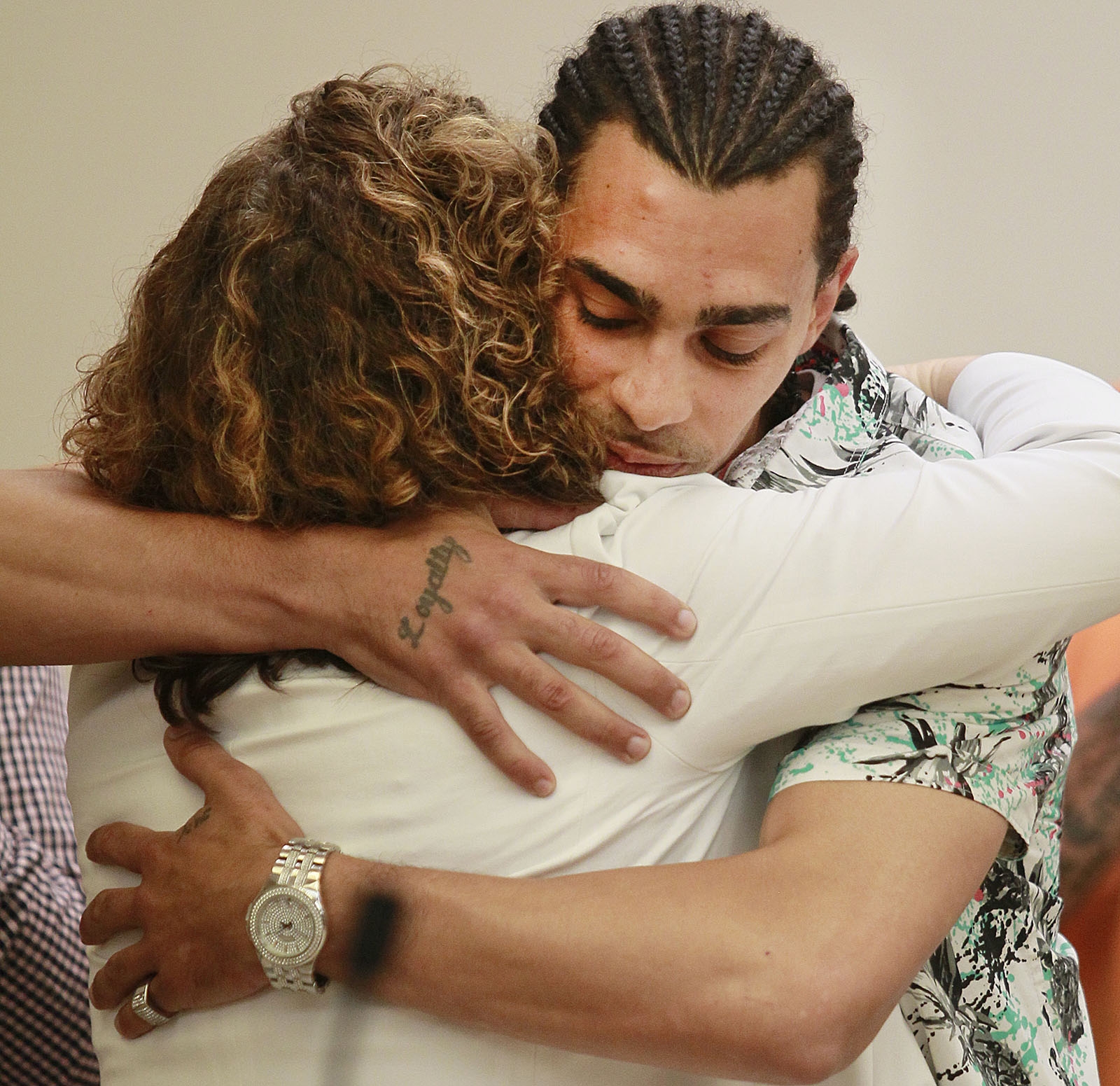)
Why All Rise
All Rise is where accountability and treatment coexist.
“All Rise.” Most people are familiar with the two words that begin every court session. But what if All Rise calls us to more?
What if All Rise is a promise that the justice system can cut crime and connect people impacted by substance use and mental health disorders to the right blend of accountability and treatment to transform their lives?
This vision of All Rise is not aspirational. For 30 years, we have helped make treatment court the most successful justice intervention in our nation’s history. Now we are applying those lessons learned to every justice intercept point.
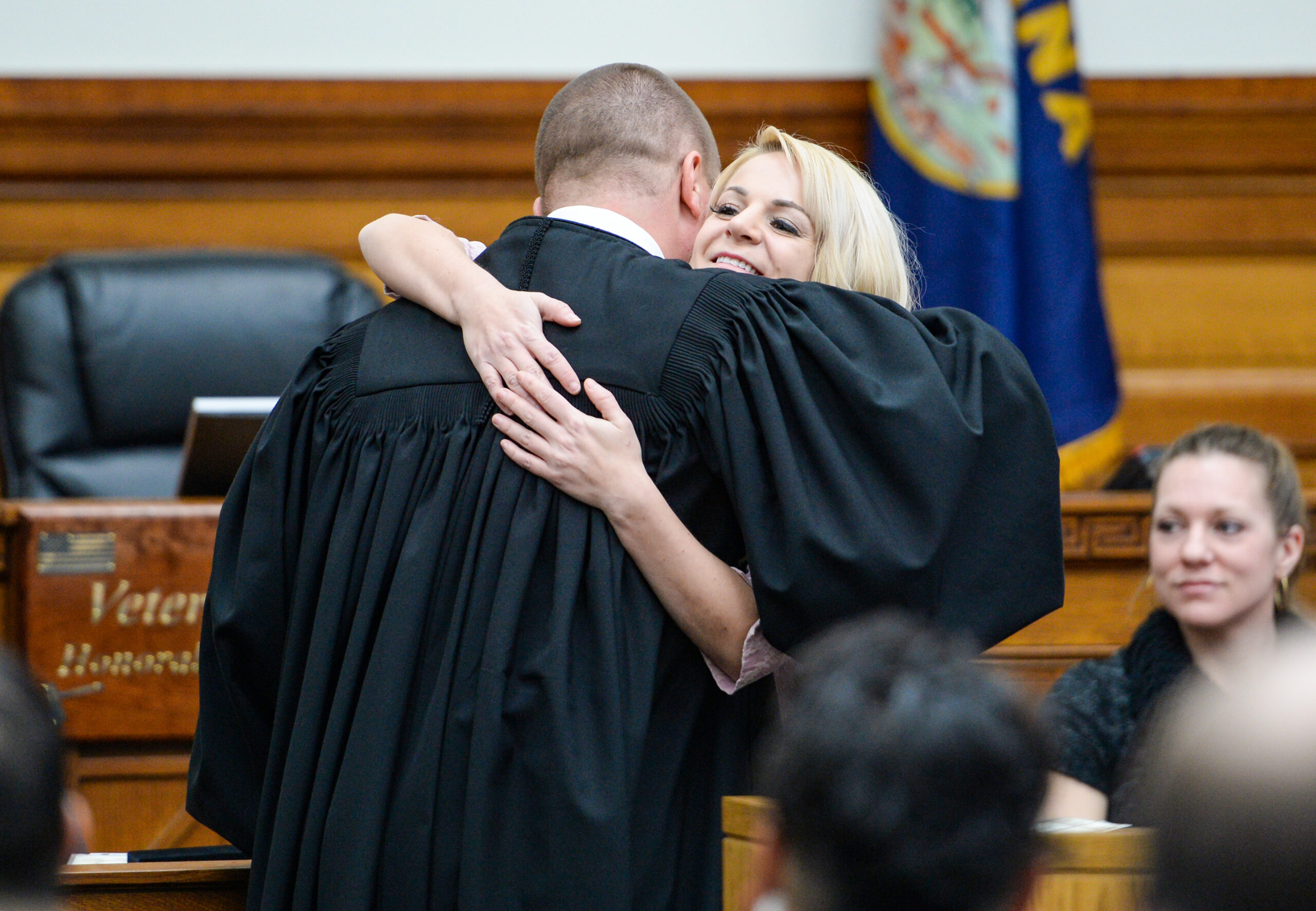
Saving lives, reuniting families, strengthening communities
All Rise knows every individual and family is capable of finding sustained recovery from substance use and mental health disorders. Over 30 years, we’ve seen it millions of times.
Browse Resources
Access a range of free resources on critical topics.
